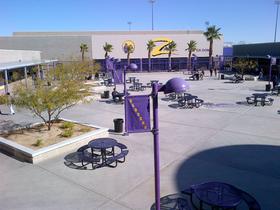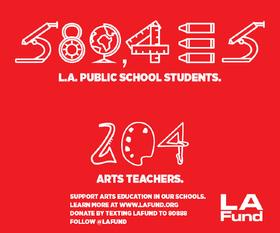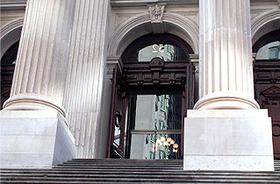A recent probe of 15 school districts in New Jersey has resulted in the finding that more than 100 government employees in the state have lied on applications to score free school lunches for their children. The findings could lead to the prosecution of at least some of these individuals, who appear to have used their knowledge of the system to take advantage of it. The findings also point to the need for tightening up a federal system that seems to lend itself to easy and widespread fraud.
Investigation Turns Up Disturbing Findings
The Huffington Post reports that the investigation was conducted by the New Jersey Office of the State Comptroller. The recently released report on the investigation shows that 109 public employees and their family members lied about income amounts on free lunch applications - some by thousands of dollars. All of the individuals have now been referred to the Division of Criminal Justice for possible prosecution.
According to NJ.com, at least some of the 83 public employees were school board members or teachers at the schools where the free lunches were offered. The other 26 individuals were family members of those employees. They intentionally misrepresented how much income they made to qualify for free lunches under false pretenses.
This video explains the free school lunch program.
Excuses, Excuses
The excuses some of the individuals involved in the probe gave to investigators might have been funny if the situation had not been so serious. One school board member said she wasn’t able to get pay stubs from her husband’s locked car, according to NJ.com. Another stated she reported her net income over three years rather than her gross income, which totaled more than $100,000.
Still another school board member from Pleasantville, who underreported her income by more than $180,000, told investigators her income amount was “none of [the school district’s] damn business,” according to NBC. She went on to explain that her income was not in question because she was not the one getting the free lunch.
Others said they reported net instead of gross income, even though the application clearly required gross. Some also admitted they did not include their spouse’s income on the application. The full amount underreported over a three-year period by these 109 individuals totaled $13.9 million.
This video explains how schools receive free lunches for needy students.
About the Free Lunch Program
According to the Huffington Post, the free lunch program in New Jersey is a part of the federal National School Lunch Program. The program's purpose is to provide free or reduced-price lunches to needy students. Funding on both the state and federal levels is also tied to the number of students that qualify for free lunches in each district. When one considers the funding issue, it becomes a question of how $13.9 million could impact the amount of money getting to the students in the state that need it most.
One of the reasons it was so easy to commit this widespread fraud against New Jersey school districts is how the federal program is monitored. Philly.com reports that under federal law, school districts must review three percent of their applications that fall the closest to the cutoff level for qualifying. The level for a family of four is currently $29,965 to qualify for free lunch and $42,643 to qualify for reduced-price lunches.
Beyond that three percent, school districts are actually prohibited from scrutinizing the rest of their free lunch applications. This means that “the bigger you lie, the safer you’ll be,” according to Matthew Boxer, comptroller for the investigation. Boxer added that people who work within the system - such as the government employees cited in this probe - would know how to work this information in their favor.
About the Investigation
This recent investigation was launched after numerous school employees in Elizabeth, New Jersey was arrested for filing fraudulent free lunch applications. Included in this bunch was the district’s board of education president. A repeat performance across the state indicates that government employees and district officials have not yet learned their lessons about the importance of telling the truth on applications for the very government they currently work for.
Changing the Status Quo
New Jersey Governor Chris Christie commented on recent events, “I’m probably the only person not getting free lunches.” On a more serious note, Christie called the findings from the probe “absurd and obscene.” He called for the state legislature to rethink how school funding is calculated to avoid such widespread issues in the future.
Christie is not the only politician in the state calling for changes to the status quo. Philly.com reports that Sen. Mike Doherty of Warren County has also been championing a change to how school funding is determined. Doherty told Philly.com, “With a limited pot of state education funding, the extra aid delivered to districts with fraudulent enrollments in the school lunch program results in districts that follow the rules getting less than their fair share of state aid, causing their property taxes to rise.”
Despite concerns about the recently discovered fraud, not everyone agrees that changing how school funding is calculated is the right way to approach the problem. The Education Law Center stated at Philly.com that although the free lunch formula is not a perfect system, it is currently the best way to measure student poverty in individual school districts and is still used in most states nationwide.
Perhaps serious consequences imposed on those that broke the rules will be the best deterrent for others thinking of committing fraudulent activity in the future.
Questions? Contact us on Facebook. @publicschoolreview















